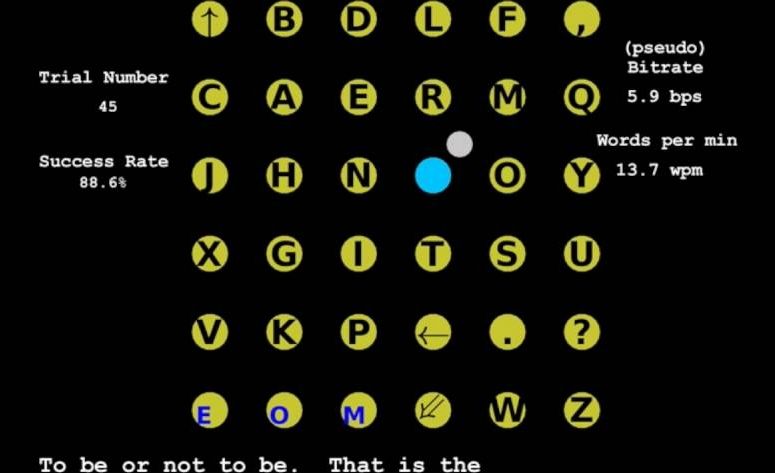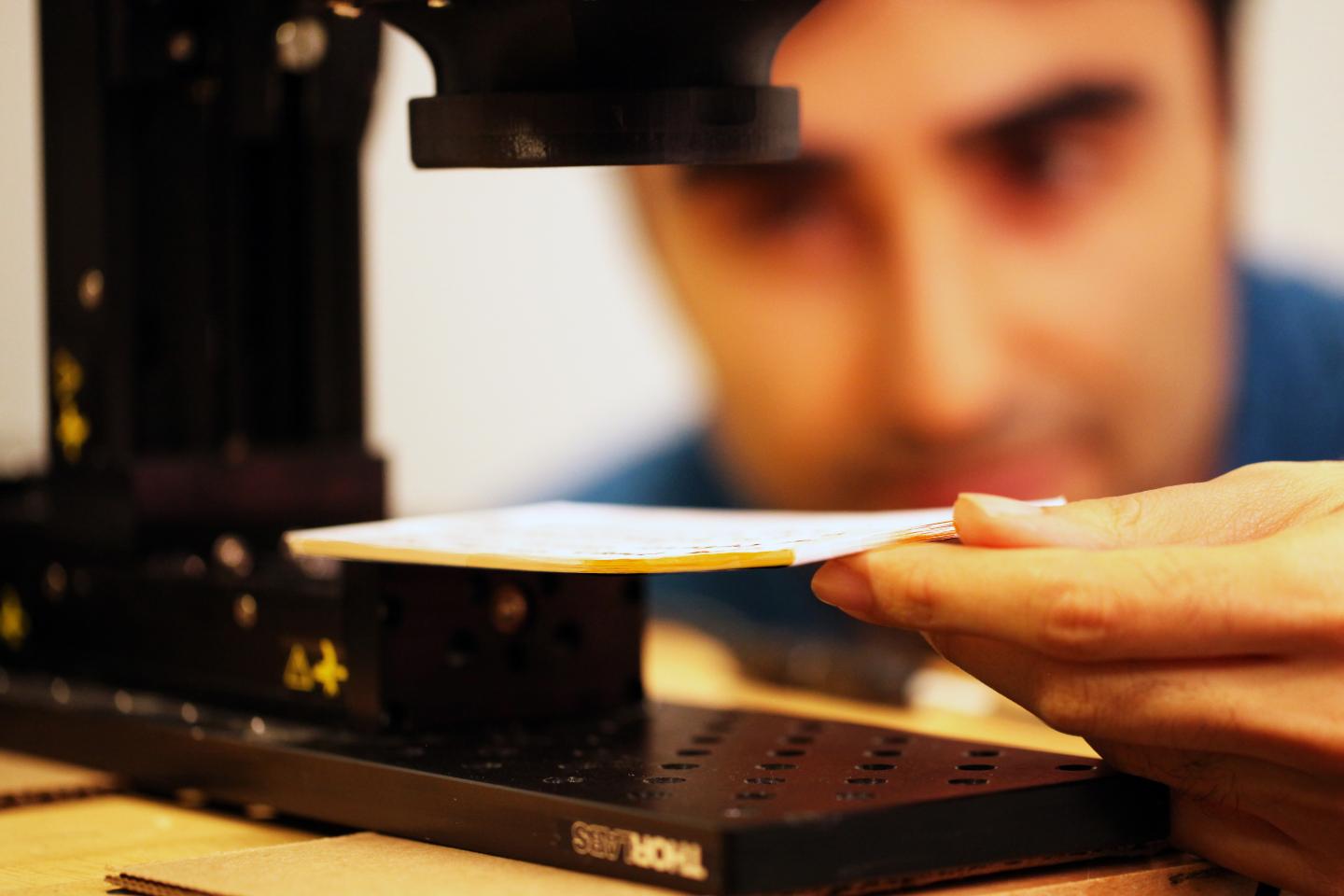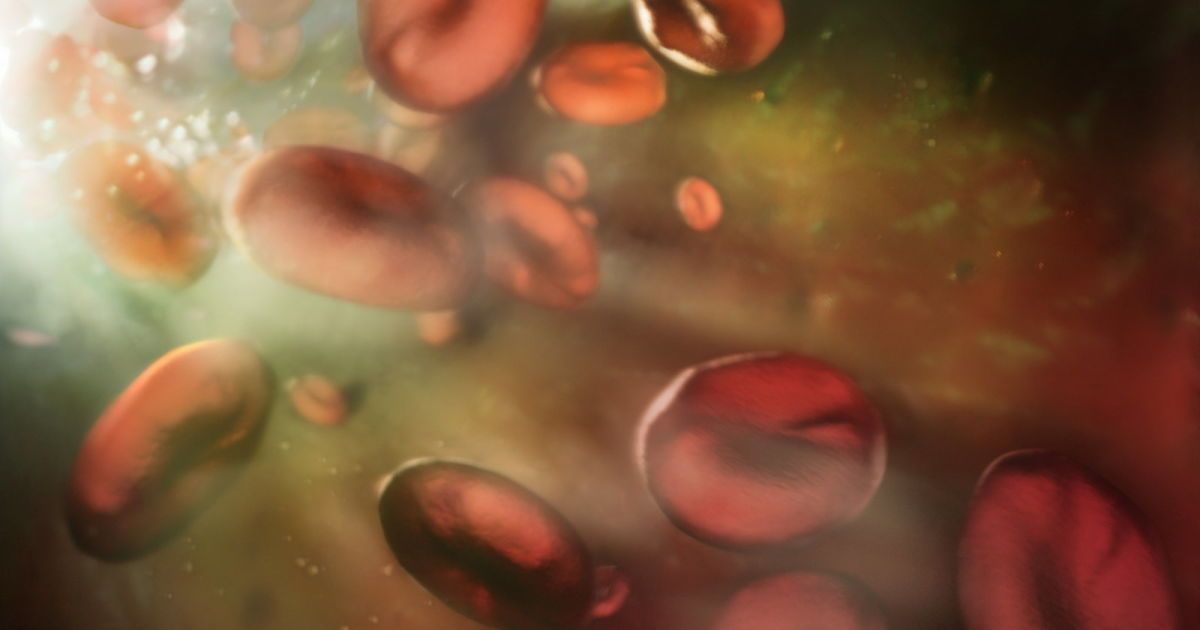Page 10873
Sep 12, 2016
Scientists Can Now Read Books Without Opening Them
Posted by Karen Hurst in categories: government, law enforcement
Interesting — imagine now how this can be used in so many areas (legal/ law enforcement, government, etc.)
Because that’s basically what researchers from MIT and Georgia Tech are able to do with a new imaging system that can read individual pages without opening the cover.
So far the system, designed by researchers at Massachusetts Institute of Technology (MIT), has been able to distinguish the lines on the first nine pages in a stack of paper.
Continue reading “Scientists Can Now Read Books Without Opening Them” »
Sep 12, 2016
Auroras Seen Moving to the Rhythm of Earth’s Magnetic Field
Posted by Karen Hurst in categories: electronics, satellites
The majestic auroras have captivated humans for thousands of years, but their nature – the fact that the lights are electromagnetic and respond to solar activity – was only realized in the last 150 years. Thanks to coordinated multi-satellite observations and a worldwide network of magnetic sensors and cameras, close study of auroras has become possible over recent decades. Yet, auroras continue to mystify, dancing far above the ground to some, thus far, undetected rhythm.
Using data from NASA’s Time History of Events and Macroscale Interactions during Substorms, or THEMIS, scientists have observed Earth’s vibrating magnetic field in relation to the northern lights dancing in the night sky over Canada. THEMIS is a five-spacecraft mission dedicated to understanding the processes behind auroras, which erupt across the sky in response to changes in Earth’s magnetic environment, called the magnetosphere.
These aurora images were taken in 2013 from the ground looking up with a network of all-sky cameras spread across Canada, studying auroras in collaboration with THEMIS. Taking images of aurora from the ground in conjunction with satellite data taken from above the atmosphere gives scientists a more comprehensive picture of how and why auroras form.
Continue reading “Auroras Seen Moving to the Rhythm of Earth’s Magnetic Field” »
Sep 12, 2016
Tiangong-2: Second space lab
Posted by Karen Hurst in categories: biological, physics, satellites
China’s 2nd spacelab launches next week. Now, I wonder how QSS will be leveraged given the note on new communication capabilities as well as other types of experiments that can be conducted.
Chinese space agency is all set to launch its second spacelab Tiangong-2 next week. Long March 2F rocket will lift up the spacelab and both the entities have been transported to the launch pad located at the Jiuquan Satellite Launch Center, yesterday. Tiangong-2 will test life support systems and refueling technology for its 60 ton modular space station.
Tiangong-2 will be placed in an orbit of 393 kilometers above the Earth and it will help in studying fundamental physics, biology, fluid mechanics in microgravity, space science and will monitor Earth from space. In addition, it has the capability to measure the topography of the oceans with very high precision which will enable scientists to study Earth’s gravity field.
Sep 12, 2016
China’s plan to step up to Silicon Valley
Posted by Karen Hurst in categories: biological, economics, mobile phones, quantum physics
No surprise at all. My 13 year old nephew wants to be the next Steve Jobs. Along with learning Quantum & Biology, I will need to suggest that he should focus on China as a possible future.
China’s provincial city of Hangzhou is buzzing with tech activity, with officials aiming to open thousands of tech enterprises by the end of the decade. As Tara Joseph reports, the city is brimming with tech office parks and tech products, though truly innovative concepts are still missing.
They’re calling it Asia’s Silicon Valley In the city of Hangzhou about 100 miles south of Shanghai… you can order your dinner on your phone without a waitress… Or pay for a haircut with a quick swipe. …everyday signs of the start-ups that officials hope can one day drive the economy. (SOUNDBITE) (English) TARA JOSEPH, REUTERS CORRESPONDENT, SAYING: “Here its easy to run into people talking about building a new app — or planning a new tech venture — and every where you go in this city there are new office parks sprouting called tech zones and massive office blocks going up. The scale is absolutely mind boggling.” Hangzhou’s officials have a plan to open a thousand high tech enterprises… employing three HUNDRED thousand people by the end of the decade. It started here with tech giant Alibaba — now a multi-billion dollar company listed in New York led by rock star CEO Jack Ma. In its wake, a new wave of entrepreneurs have emerged — like Li Hongwei.
Continue reading “China’s plan to step up to Silicon Valley” »
Sep 12, 2016
First multicellular organism inspires the design of better cancer drugs
Posted by Karen Hurst in categories: bioengineering, biotech/medical, evolution, information science
Amazing — fighting cancer with a new drug that self-assembles from individual cells that interact with each other into a complex structure through weak supramolecular interactions.
The first multicellular organism, Volvox, evolved from self-assembly of individual cells. Inspired by this organism, researchers from Brigham and Women’s Hospital have developed a novel approach for treating cancer. Drawing from the lessons of evolution, they designed anti-cancer molecules that can self-assemble with each other into a complex structure through weak supramolecular interactions. The complex, supramolecular therapeutics home into the tumor, increasing anticancer efficacy and reducing side effects.
To engineer the supramolecular therapeutics, the researchers developed a first-of-its-kind computational algorithm that simulates how anticancer molecules interact with each other at the molecular and atomic level. This understanding led to the design of the most optimal building blocks that can click with each other like LEGO blocks to form the supramolecular therapeutic. The researchers have named this computational algorithm Volvox after the biological organism.
Ashish Kulkarni, PhD, an instructor in the Division of Engineering in the Department of Medicine at the Brigham and Women’s Hospital, and the lead author of the paper published in September issue of ACS Nano, said, “The algorithm saves a lot of time during the development of next generation cancer therapy. Before we even go into experimental analysis, we are able to see whether or not there is a high enough concentration of the drug for the treatment to be effective. We hope that our method can eventually be used to treat many different types of cancer.”
Sep 12, 2016
Nano-sized metal fish deliver targeted drugs to your body
Posted by Karen Hurst in categories: biotech/medical, nanotechnology
Doctors have long dreamed of delivering drugs to specific parts of your body, and they may soon have a clever way to do it: fish. UC San Diego researchers have developed nanoscale metallic fish (they’re just 800 nanometers long) that could carry medicine into the deeper reaches of your bloodstream. Each critter has a gold head and tailfin, as well as a nickel body joined by silver hinges. You only have to subject them to an oscillating magnetic field to make them swim — there’s no need for propellers or a passive (read: slow) delivery system. That, in turn, could make the drug carriers smaller even as they move quickly.
The technology definitely has its flaws. It’s not currently biodegradable, so you may be stuck with this school of fish unless there’s a way to flush them out. Gold and silver aren’t the cheapest metals, either. Scientists are working on biodegradability, however, and they’re hopeful that it will be useful for more than just guiding drugs. You could use to control individual cells, for example, or conduct certain forms of non-invasive surgery. It may just be a matter of refining the technique before you can get medicine exactly where you need it.
Continue reading “Nano-sized metal fish deliver targeted drugs to your body” »
Sep 12, 2016
Crocus Technology Introduces a Nano-Power TMR Digital Switch
Posted by Karen Hurst in categories: computing, nanotechnology, wearables
Nice.
Crocus Technology, a leading developer of Tunneling Magnetoresistive Sensors (TMR) based on proprietary and patented Magnetic Logic Unit (MLU) technology, announces the availability of the CT51x digital switch, the first in a series of fully integrated digital sensors the company has launched. This family of devices accommodates a wide range of applications with larger air gaps, smaller magnetic fields, and significantly lower power consumption. The CT51x enables high-accuracy position detection, control and power switching functions with high sensitivity and reliability that system designers demand for the IoT, consumer and industrial applications.
“With ever increasing demand for intelligent sensing in smart products, the CT51x family of devices offers design-in flexibility and cost-savings for existing and emerging applications: IoT, wearables, appliances, smart meters, intelligent smart locks and other consumer products,” said Zack Deiri, Chief Sales and Marketing Officer at Crocus Technology. “The market is gravitating towards intelligent solid-state magnetic switches that provide higher reliability, faster frequency response, and extremely low power consumption for battery-powered applications in a smaller form factor, such as the CT51x.”
Continue reading “Crocus Technology Introduces a Nano-Power TMR Digital Switch” »
Sep 12, 2016
Indian Scientists Recycle FIsh Bio-Waste Into Green Energy
Posted by Karen Hurst in categories: biotech/medical, sustainability
A team of researchers at Jadavpur University here has developed a biodegradable energy harvester from raw fish scales that could in future replace pacemaker devices for the heart.
The energy harvester thus could be tapped as a sustainable green power source for next generation self-powered implantable medical devices.
It also has the potential for personal portable electronics with reduced e-waste elements said the researchers.
Continue reading “Indian Scientists Recycle FIsh Bio-Waste Into Green Energy” »
Sep 12, 2016
Monkey Types 12 Words per Minute With Brain-to-Keyboard Communication
Posted by Karen Hurst in categories: biotech/medical, computing, neuroscience

Finally, your pet can go to work for you.
The brain-computer interface is already being tested in humans with Lou Gehrig’s disease.
Continue reading “Monkey Types 12 Words per Minute With Brain-to-Keyboard Communication” »













